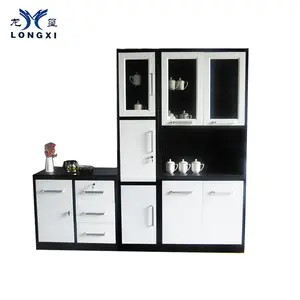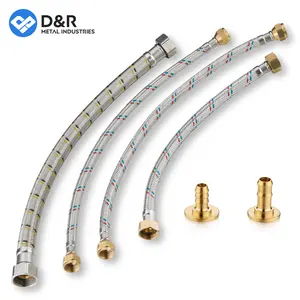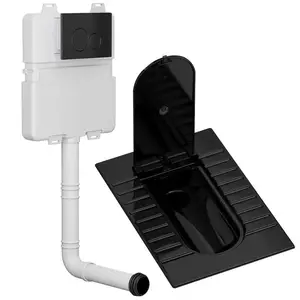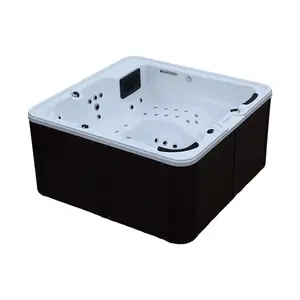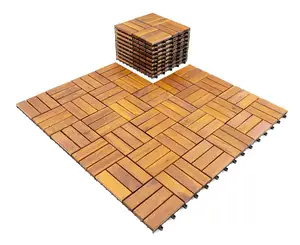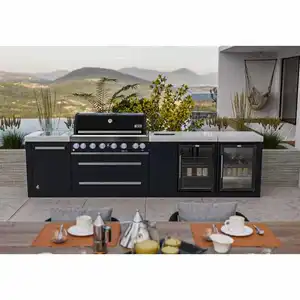Popular in your industry




























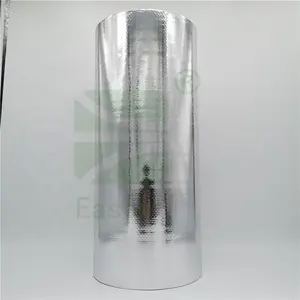




































Top categories
About heat insulation plate
Understanding Heat Insulation Plates
Heat insulation plates are essential components in various industrial and commercial applications, designed to reduce heat transfer between objects in thermal contact or in the range of radiative influence. These plates play a crucial role in managing temperatures and ensuring the efficiency and safety of thermal processes.
Types and Materials
The diversity of heat insulation plates is evident in their range of materials and construction. Common materials include aluminum foil, fiberglass, and polyethylene (PE), each selected for its insulating properties and durability. The choice of material is dictated by the specific thermal resistance required and the environmental conditions it needs to withstand.
Applications and Features
Thermal insulation panels are versatile, finding applications across various industries. They are crucial in the construction sector for insulating roofs and walls, in automotive manufacturing for engine heat management, and in the textile industry for heat-sensitive fabric processing. The features of these plates, such as their thermal tolerance and insulating efficiency, make them suitable for these diverse applications.
Advantages of Heat Insulation Plates
The use of thermal insulation sheets offers numerous advantages. Their insulating properties help in energy conservation by maintaining desired temperatures, which can lead to cost savings. Additionally, they contribute to a safer work environment by reducing the risk of heat-related accidents and damage to heat-sensitive materials.
Selection Criteria
When selecting a heat insulation plate, it is important to consider factors such as thermal conductivity, resistance to high temperatures, and physical durability. The dimensions and shape of the insulation plates should also be taken into account to ensure they meet the specific requirements of the application.
Eco-Friendly and Sustainable Options
In today's environmentally conscious market, many insulation plates are designed to be eco-friendly. These sustainable options contribute to greener manufacturing processes and are increasingly sought after in various industries looking to reduce their environmental footprint.
